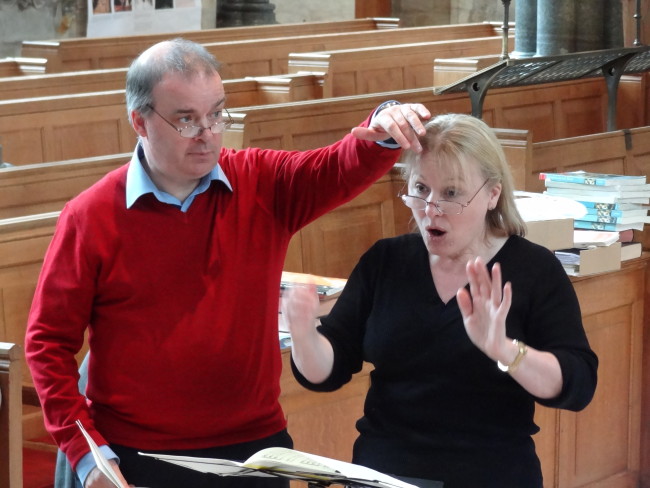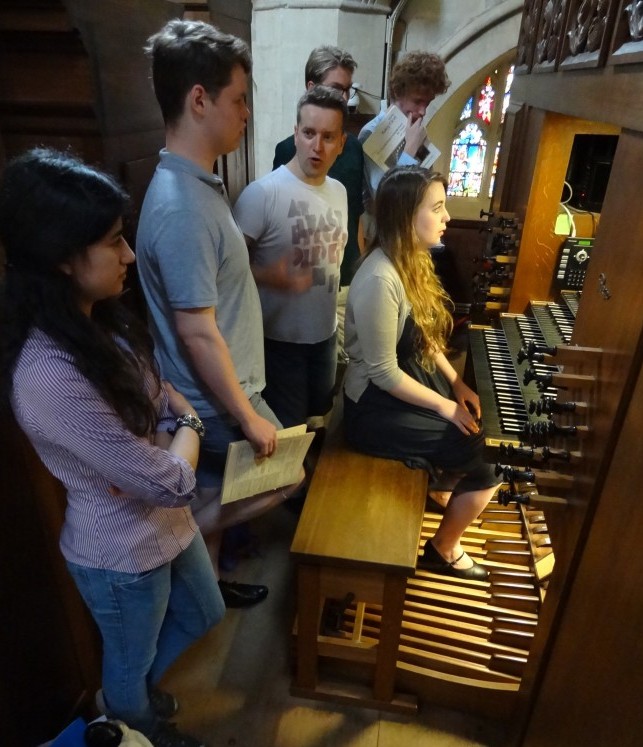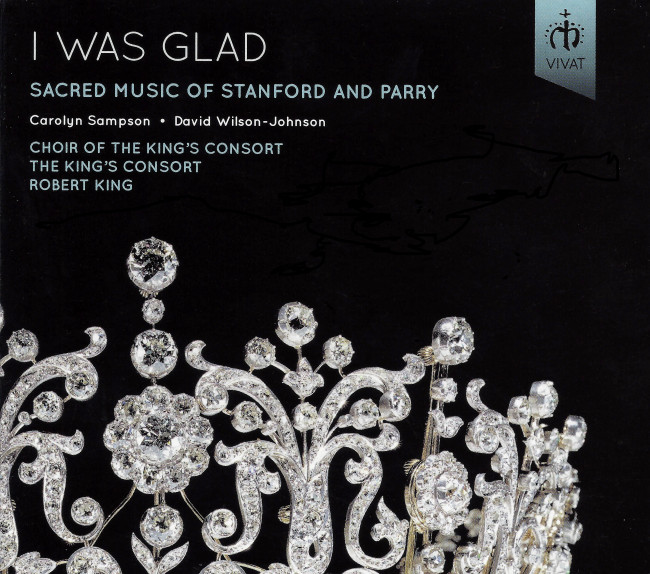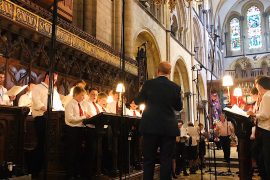
Temple Church, which serves two of the Inns of Court in London, was a location for the Da Vinci Code film, and is often full of Dan Brown enthusiasts. We had it to ourselves for a day in May, while Patrick Russill gave us a masterclass in choral conducting.
Some of us (me included) were already conducting choirs but felt rather diffident about our technique. The myth of the conductor as maestro has probably gone in these democratic and inclusive times, said Paddy*, but leadership is still necessary. And leadership means you have to be both confident and self-critical. Making changes in your technique is bound to knock your confidence, but stick with it. Once you are in front of a choir you are the best conductor they’ve got, so don’t dwell on your mistakes or discuss them.
He also commented on the myth that real conductors have batons. Yes, a stick is needed when you are dealing with a variety of techniques for creating sound, as in an orchestra. But when you conduct a choir you are dealing with just one technique for creating sound – the breath. Hands are all that are needed. And the hand is only validating what is in the face. Conducting is not a choreographic representation of the score. It is not showing how you feel about the music. It is giving the how you want the music to be.
All making enormous sense, but oh so difficult to put into practice. A fine professional choir of eight came along in the afternoon, as guinea pigs for our new conducting techniques. As Paddy said, the more professional the singers, the more quickly they will decide to do it for themselves, if the conductor isn’t helping. And it’s amazing how many superfluous and unhelpful mannerisms we managed to exhibit – nodding heads, bending knees, flopping hands, and mugging the words – and galling to watch Paddy start the choir with a just tiny movement of his face, hands in pockets.
For those of us prone to over-emphasis and wobbling about, Paddy reminded us about keeping a solid torso, and only one point of articulation – the elbow. (For those of us a bit stiff and jerky he suggested swimming as good loosening exercise.)
Three further points I’ve taken home for my own choir:
The worst thing a choir can hear at 10am is the sound of the conductor’s voice. Cut the talk. Show don’t tell.
Do not sing along (a temptation for all conductors of amateur choirs) – you can’t hear. If you move around a lot you can’t hear so well either.
With a small choir, just eye-balling the singers as the cue for an entry is enough. Aggressive pointing will probably freak them into coming in early.
Patrick Russill is Director of Music at the London Oratory and Head of Choral Conducting at the Royal Academy of Music, London, where he is also a professor of organ. He was organ scholar at New College, Oxford, and was then appointed Organist of the London (Brompton) Oratory in succession to the great Ralph Downes on Downes’ nomination. He became Director of Music at the Oratory, assuming overall responsibility for its choral tradition and especially for its famous professional choir, which under his direction ‘remains among the finest mixed-voice choirs in the country’ (Choir & Organ). In addition, he is Chief Examiner of the Royal College of Organists and Visiting Professor of Choral Direction at the Leipzig Hochschule für Musik und Theater.
*I can call him Paddy because we were at Oxford together and both took part more student concerts than I can remember.





